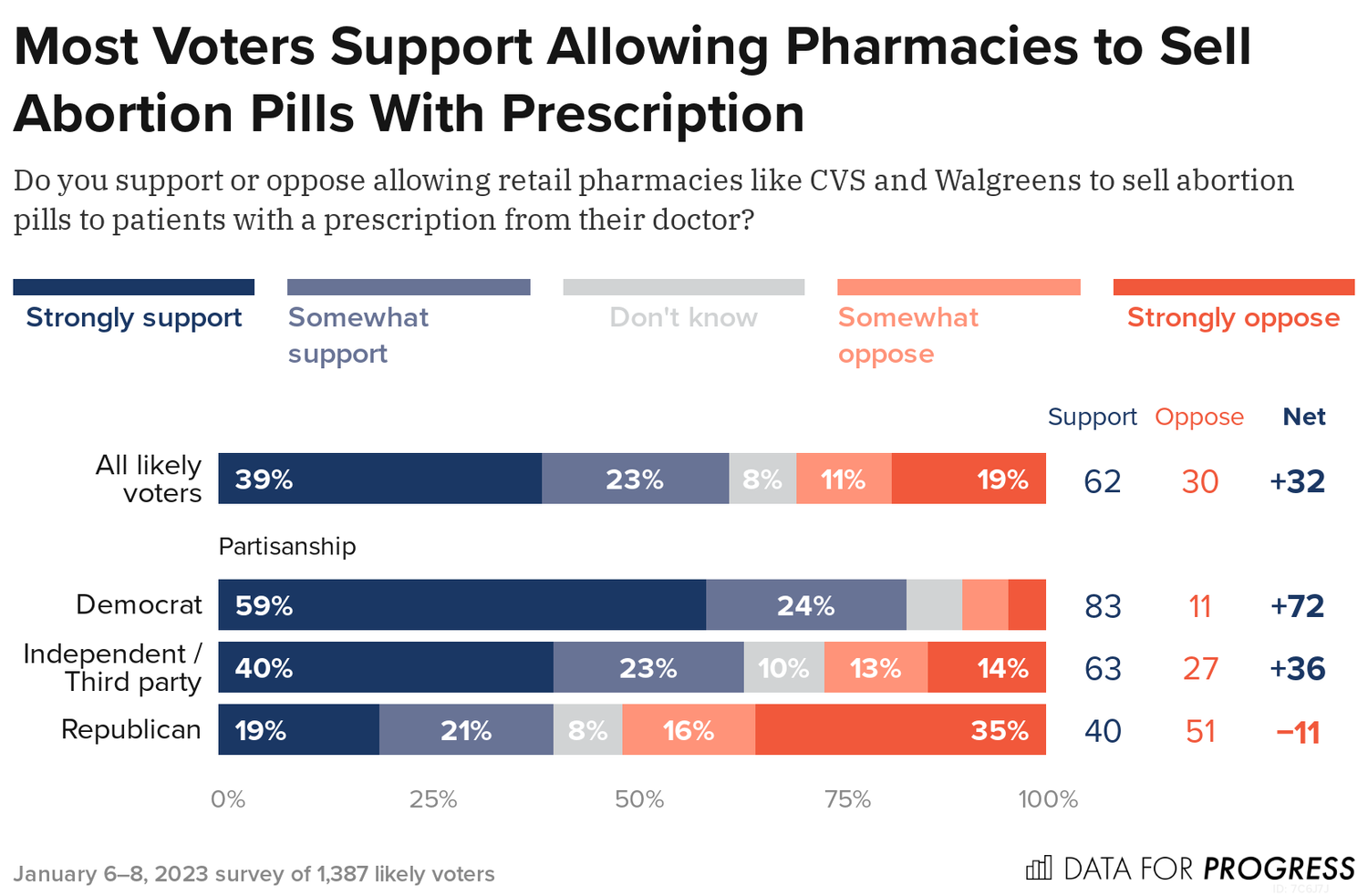January 25, 2023
Rep. Pressley: 50 Years After Roe, It’s Time to Expand Abortion Access for All
This month marks the 50th anniversary of Roe v. Wade, the monumental Supreme Court decision that established the constitutional right to abortion. But rather than celebrating the progress we’ve made in the last half-century, our nation is facing a reproductive health crisis that threatens the health, safety, and dignity of millions of people nationwide.
Since Dobbs v. Jackson Women’s Health Organization — the Supreme Court decision last summer that overturned Roe — abortion has been banned or severely restricted in at least 14 states, and the consequences have been dire. States with abortion restrictions have experienced higher maternal death rates — exacerbating America’s maternal morbidity crisis. This is a devastating confirmation of what Black and brown reproductive justice organizers have been sounding the alarms about for years.
This moment is sobering, but together we organize and press on for justice. Together we continue to push to restore, protect, and expand abortion care.
Recently, after years of advocacy by myself and other lawmakers, the Federal Drug Administration announced progress on a key access priority: removing restrictions on abortion pills so that patients can secure them directly from retail pharmacies. Previously, people were required to receive the medication directly from their doctor, resulting in barriers for both those seeking care locally and those traveling out of state for care.
A new poll from Data for Progress finds that 62 percent of voters support allowing pharmacies like CVS and Walgreens to sell abortion pills to patients who have a prescription, a +32-point approval margin.

The Department of Justice also recently declared that the U.S. Postal Service may deliver abortion pills in states that have banned local abortion care, further expanding access to those living in states mandating forced pregnancy. In our post-Roe reality, telehealth and mailed abortion medication will allow patients to navigate these dangerous abortion restrictions — and voters support the DOJ’s decision by a +18-point margin.
We will continue to work with President Biden and Secretary Becerra to expand and protect access to medication abortion across the country. But there’s still much more we can do to help people access abortion care, especially those who already face systemic discrimination, including Black, brown, and low-income folks; people with disabilities; our LGBTQ+ siblings; and other marginalized communities.
The federal government must allow licensed health providers to administer telehealth care to patients in other states, or require hospitals that participate in Medicare to provide abortion care. It must also ensure that undocumented people seeking abortion care can travel without fear of deportation, and protect the right to abortion care for those held in federal custody.
Reproductive justice applies to everyone who calls America home, and it’s clear that the majority of Americans agree.
The people do not support the Supreme Court’s radical decision in Dobbs, and they have rejected extremist Republican politicians who want to further criminalize abortion nationwide. Taking action to expand abortion rights falls in line with our nation’s values of personal freedom, privacy, and dignity for all people.
Fully restoring reproductive freedom, especially for our most vulnerable and for those in states that have banned abortion, will take larger, structural changes to our political system — including abolishing the filibuster and expanding the Supreme Court. As Chair of the Pro-Choice Caucus’ Abortion Rights and Access Task Force, I’m committed to using every tool at our disposal to advance policies that affirm abortion care as the fundamental human right that it is. We must secure reproductive justice for everyone in America and govern like lives depend on it, because they do.
